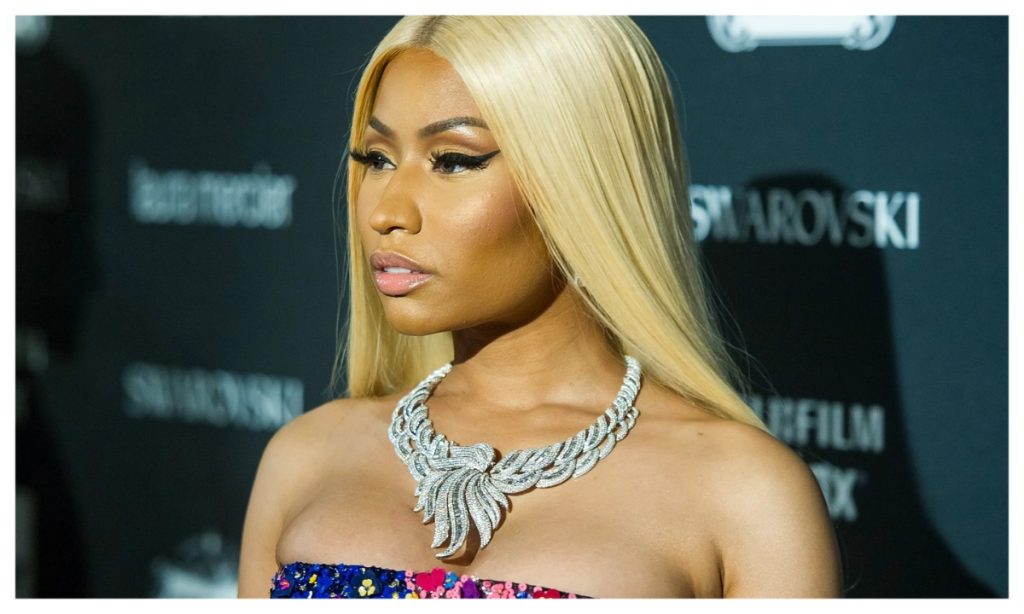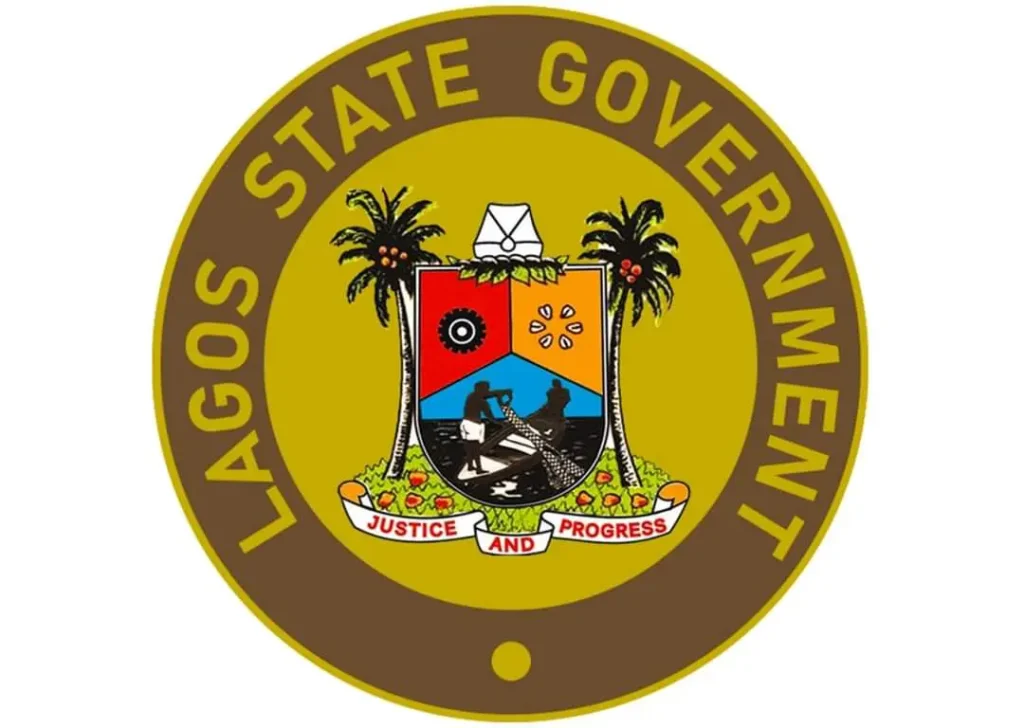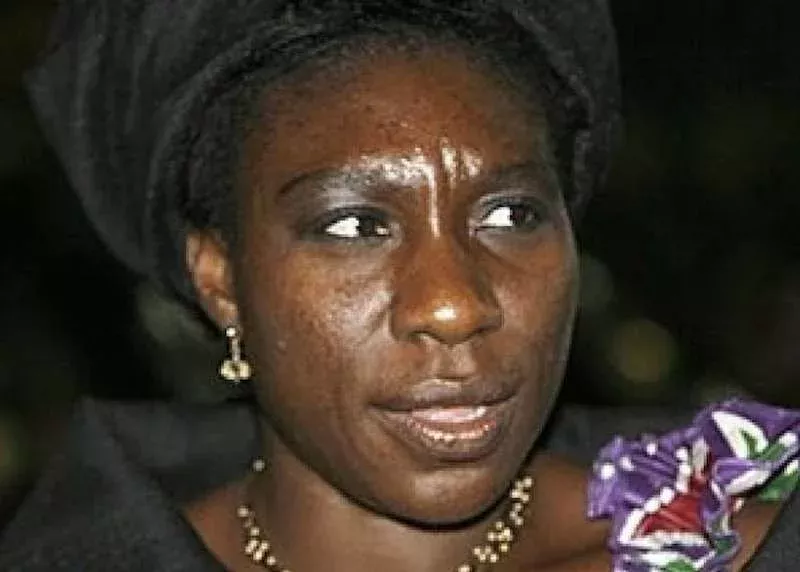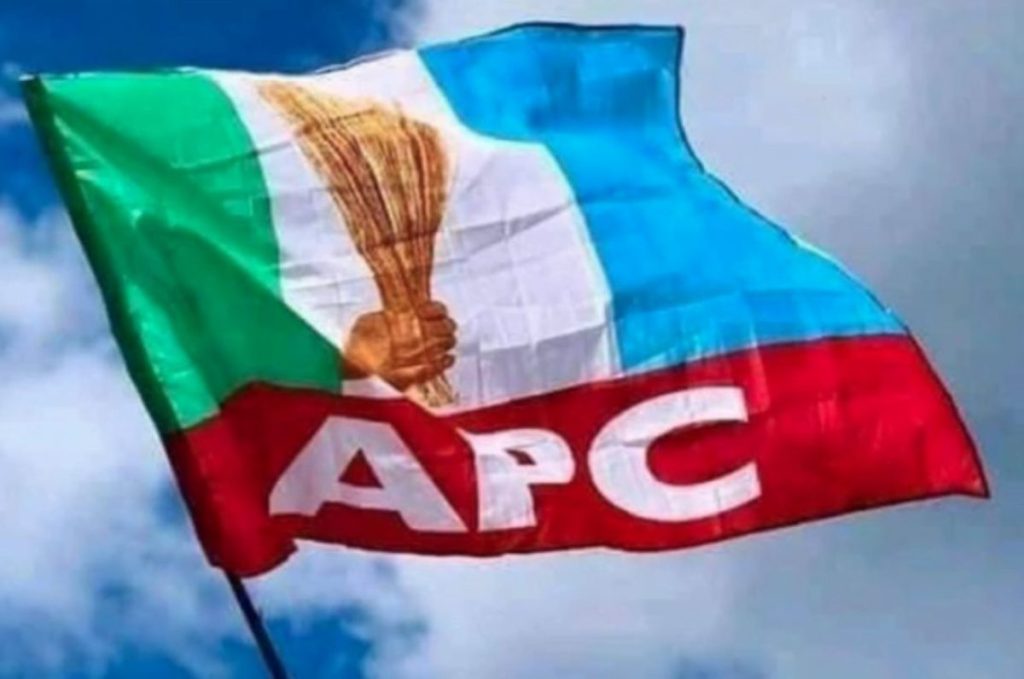Central Africa is currently experiencing a period of political turmoil, marked by a recent military coup that toppled Gabon’s long-standing Bongo dynasty. The reverberations of this event are being felt throughout the region, with implications for other autocratic regimes. The stability of countries such as Cameroon, Equatorial Guinea, and the Republic of Congo is being called into question, as their leaders, all well into their senior years, grapple with challenges to their rule.
The longevity of these leaders is noteworthy, with Equatorial Guinea’s Teodoro Obiang Nguema Mbasogo, in power since 1979, President Paul Biya of Cameroon, ruling since 1982, and Denis Sassou Nguesso, who has held power in the Republic of Congo for much of the past four decades. While no coups have occurred in these countries, the recent events in Gabon have prompted proactive measures from these leaders, indicating a palpable sense of vulnerability in the face of potential upheaval.
In the wake of the Gabonese coup, swift actions were taken by neighbouring leaders in an effort to fortify their positions. President Paul Biya of Cameroon and Rwanda’s Paul Kagame orchestrated changes within their military hierarchies, a response aimed at preempting similar challenges to their authority. This immediate reaction underscores the perceived threat posed by military coups in the region. Moreover, President Sassou-Nguesso of Congo Brazzaville took steps to consolidate his authority, demoting potential rivals and asserting his control in the wake of rumours of a coup.
The regional response to the events in Gabon was also significant, with the leaders of the Economic Community of Central African States (ECCAS) suspending Gabon’s membership and relocating their headquarters in a show of disapproval. This collective action reflects the broader concerns surrounding political stability in the region.
Expert analysis maintains that despite their seemingly unassailable positions, the region’s leaders are not immune to upheaval. The potential for change, albeit currently subdued, is present, particularly in the context of external factors such as the upcoming elections in the Democratic Republic of Congo. There is a consensus that the stability of these regimes is underpinned by intricate patronage networks, leaving them vulnerable to political dissent or power struggles in the event of leadership changes.
Of particular concern is the prospect of instability following the eventual passing of the ageing leaders, as the delicate balance of power could unravel, leading to potential violence and political turbulence. The governance styles of these leaders, often characterised by familial succession, further compound the challenges of succession and stability.
The aftermath of the Gabonese coup also raises questions about the efficacy of institutional frameworks in ensuring political stability. The imposition of an overnight curfew in Gabon, coupled with the junta’s announced plans for a future general election, prompts reflection on the role of electoral processes in restoring constitutional order. The actions of military leaders in transitioning to civilian presidencies, as seen in Congo, Uganda, and Rwanda, highlight the complexities of democratic governance in the region.
The response of international bodies and the African Union in particular, is also brought into focus, with questions raised about the prioritisation of free and fair elections in the restoration of democratic norms. The implications of institutional coups, wherein constitutional mechanisms are manipulated to consolidate power, further underscore the challenges facing the region.
As the dust settles in Gabon and the future trajectory of the country takes shape, the spectre of uncertainty lingers. The potential for a paradigm shift in the political landscape remains contingent on the nature of subsequent elections and the willingness of the international community to uphold democratic principles.
In conclusion, Central Africa finds itself at a critical juncture, with the recent events in Gabon sending ripples across the region. The ramifications of these developments transcend national borders, raising fundamental questions about political stability, governance, and the safeguarding of democratic norms in the subregion.
Gabon Coup: Family Feuds and Military Dynamics
The recent coup in Gabon has sparked discussions about family feuds and the dynamics of military coups in African countries, with experts shedding light on the complexities behind such events. According to a counterterrorism expert, the Bongo family’s long-standing dynasty in Gabon has been a significant factor in the country’s political landscape, using the military and security agencies for regime protection and perpetuating a loyal elite force based on family ties.
Ethnic stacking in the military and other coup-proofing measures have been uncovered as tradeoffs with implications for both regime security and military effectiveness against external threats and insurgencies. It is highlighted that prioritizing loyalty and family ties over merit in military promotions may reduce the risk of coups but can result in a less capable and resentful military leadership. Moreover, the creation of elite units or foreign presidential guards can impact resource allocation and operational cohesion within the military.
Additionally, regimes have implemented measures such as restricting military communication and utilizing intelligence services for internal surveillance, posing challenges in military coordination and intelligence gathering for external threats. These coup-proofing tactics aim to safeguard against internal rebellions but may compromise military readiness for external conflicts.
Looking ahead, upcoming elections in African countries like the Democratic Republic of Congo, Chad, and Rwanda, are seen as potential flashpoints for unexpected political transitions. The recent coup in Gabon has prompted diverse perspectives, with some analysts viewing it as a minor disruption while others emphasize the need for strengthening democratic institutions and advocating for non-military solutions to political challenges. It is emphasized that supporting military takeovers may hinder Africa’s progress and development, and instead, building and trusting state institutions while employing dialogue and mediation is encouraged for sustainable political change.
In conclusion, the discourse on the Gabon coup reflects the broader complexities of African governance and the imperative for informed and constructive approaches to political stability and security. As the region navigates its political landscape, the lessons from past experiences and the commitment to democratic institutions are crucial for shaping a prosperous and stable future for the continent.
By Nalova Akua



